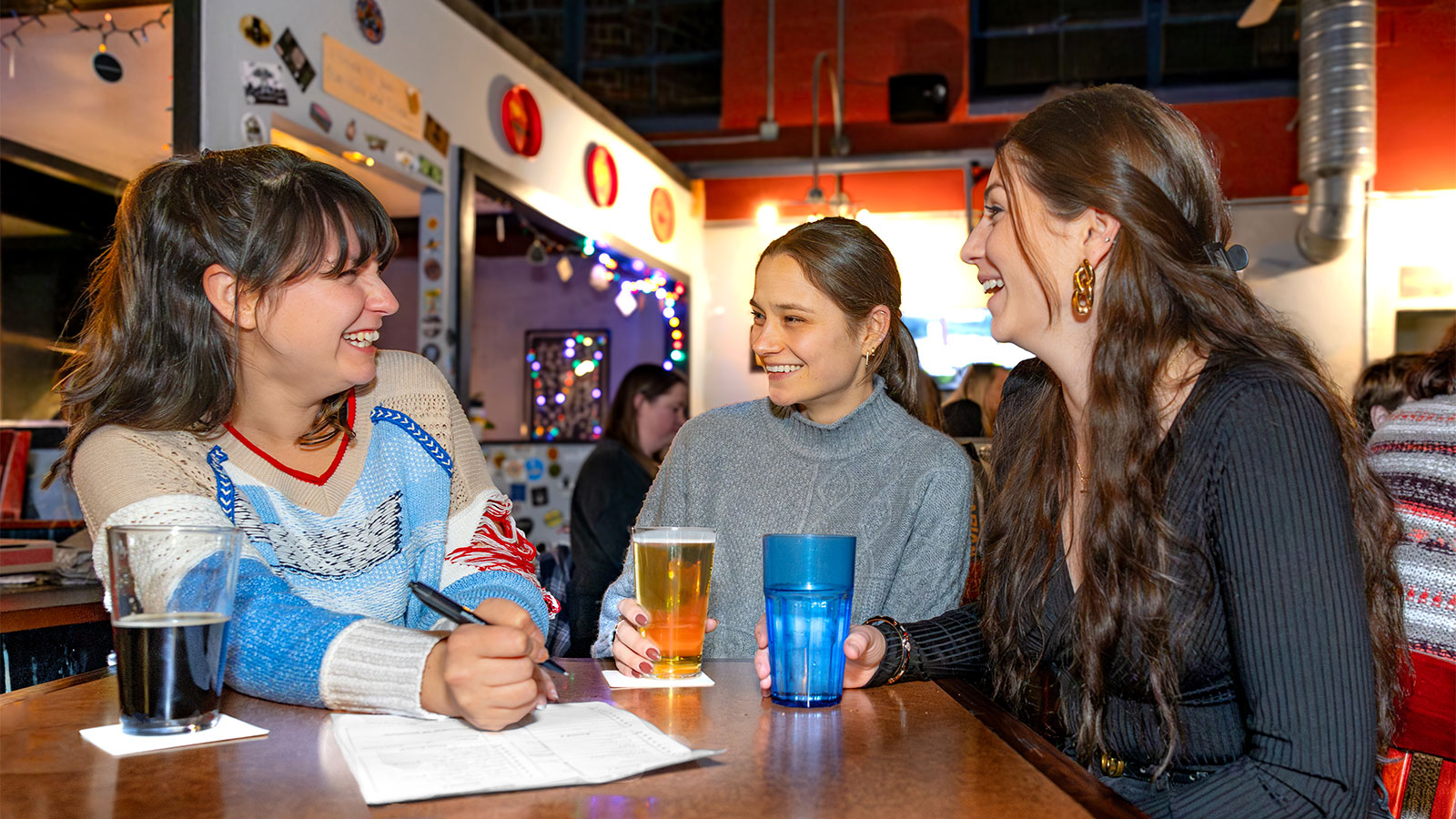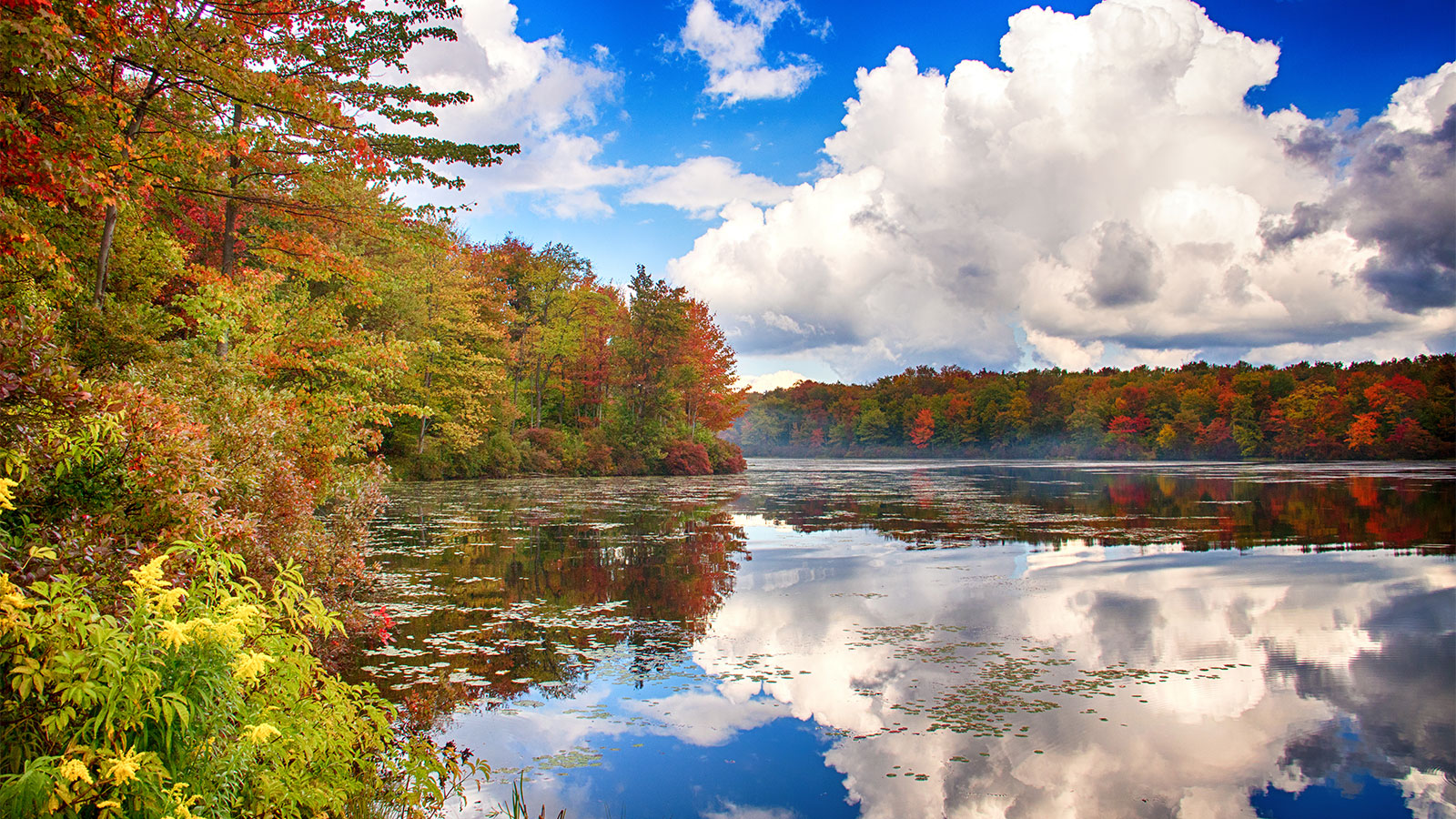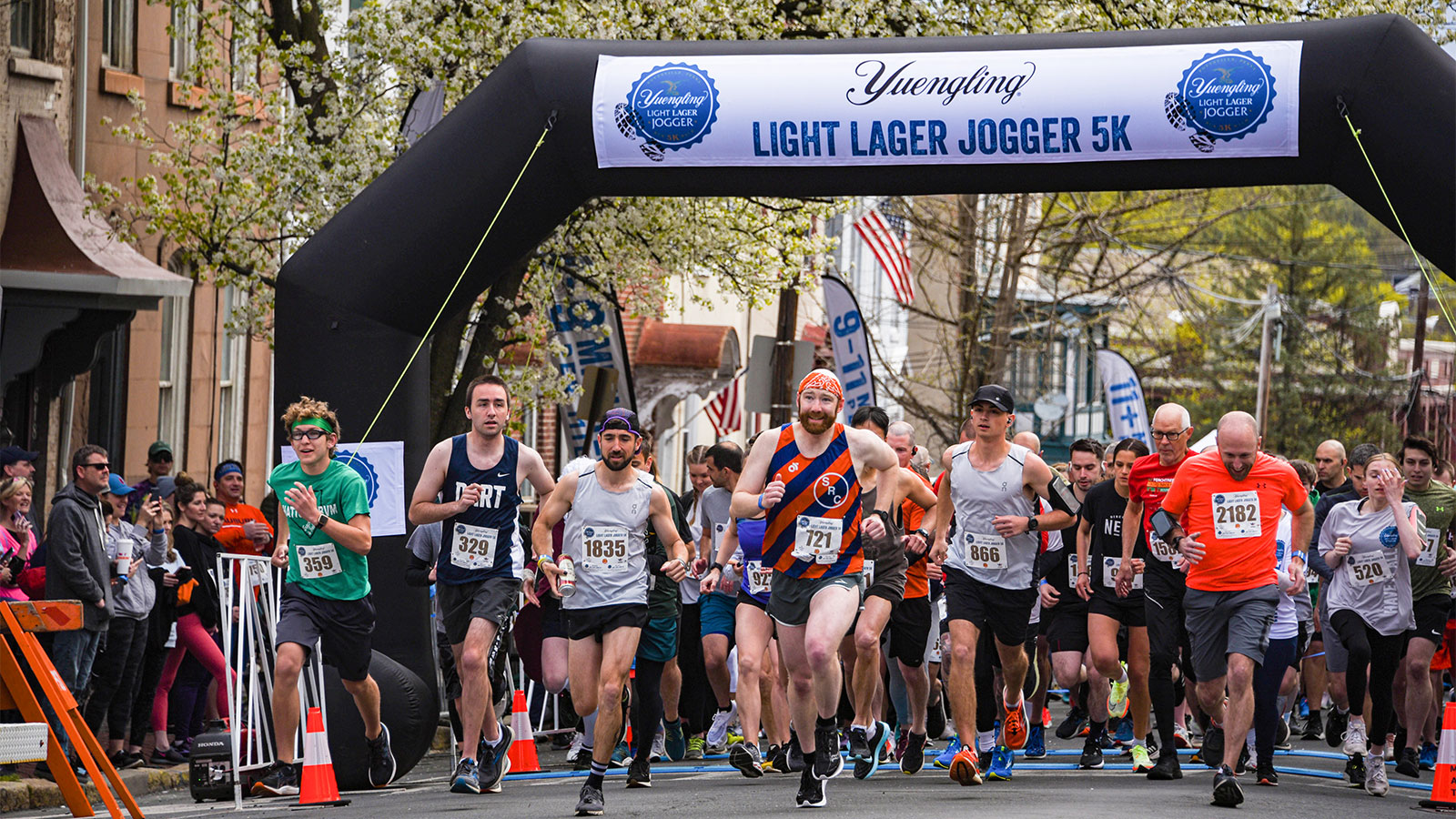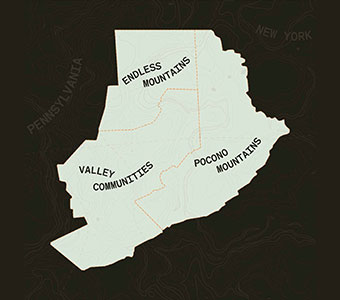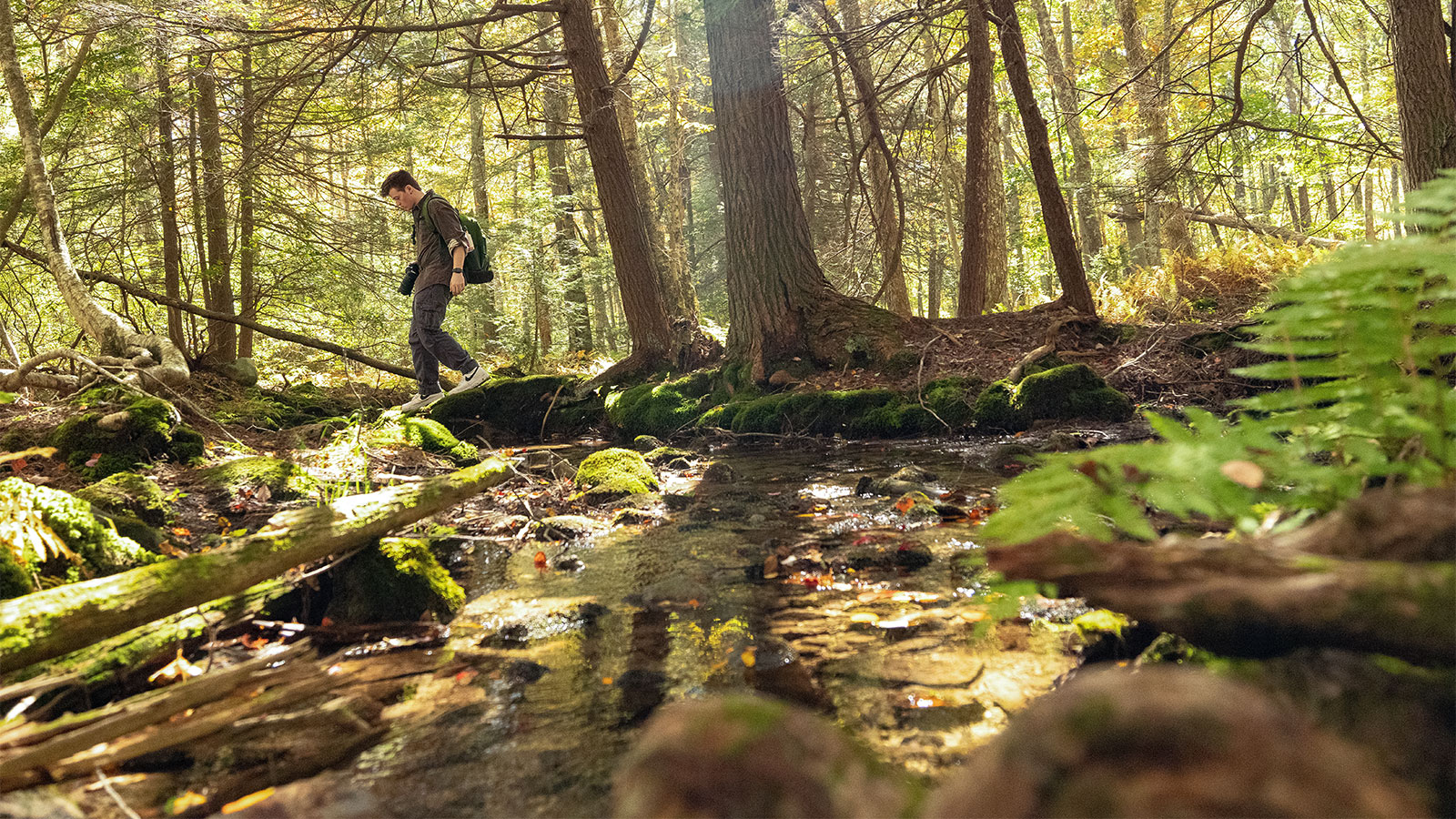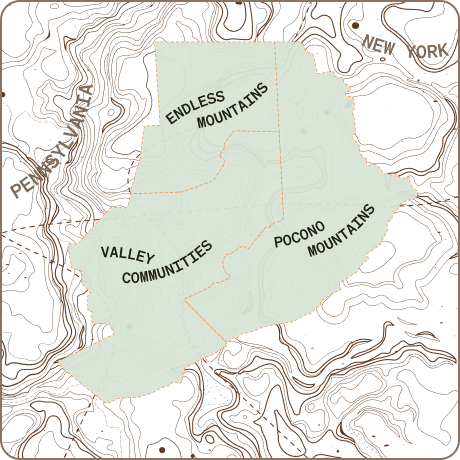“I immediately felt an affinity. I thought there’s something about my own personal experiences that I can contribute to here.”
Rosana Reyes was just sixteen years old when she graduated early from high school and headed off to John Jay College of Criminal Justice in New York City. It would have been a huge adjustment for any teen, but Reyes faced an even bigger challenge as an ESL student. Although she was born in New York, she had grown up in the Dominican Republic speaking Spanish.
A few weeks before classes started, Reyes and her mother visited campus to drop off her final transcripts. The secretary didn’t speak Spanish, but she found another woman who could.
“And this woman, who was very nice, literally looked to me and said, ‘Why are you here? You probably shouldn’t be here,’” remembered Reyes.
Her mother pulled her into the hallway. She worried that the woman was right—that maybe Reyes should wait and hone her English skills.
“I don’t know what is was about that statement that it just lit a fire inside me,” Reyes recalled. “I said, ‘I’m coming, and I’m doing it. I don’t care what you say. I’m going to do this.’”
And with lots of hard work, she succeeded. She continued on to earn her master’s degree and launch her career in higher education.
Reyes currently serves as the Vice President of Enrollment Management and Student Affairs at Luzerne County Community College. Drawing from her own experiences, she ensures that students have the supportive services they need to succeed.
“It’s not about academics—it’s about access,” she explained. “That’s what I love about the community college sector.”
This spring, Reyes marked another milestone as she completed her doctorate in educational leadership at Wilkes University. We met at LCCC’s main campus in Nanticoke to talk about her incredible career and how education is shaping NEPA.
How long have you lived in NEPA?
I started [at LCCC] in 2012. We moved a few months before starting the job, and we’ve been here ever since.
What brought you to NEPA?
It was the job, for sure. I remember the weekend before my final interview with the president, my husband and I came and drove to what used to be the four sites of the college at the time. I wanted to get more familiar with the region. I had not been to Pennsylvania very many times. When we drove to our Hazleton center, I just thought I was in another place. My husband and I were looking around, and it was all this diversity, and I never expected that. I’ve never seen anything like that outside of New York City. I started doing a lot more research about that town, and it reminded me of my own academic trajectory. I started college without having the English language skills. I immediately felt an affinity. I thought there’s something about my own personal experiences that I can contribute to here.
Did anything surprise you about NEPA?
Living in New York City, you do see a lot of diversity, but what you don’t see is the connection that people in this region have to their heritage, which I think is amazing. All the different cultures that make the NEPA region are still very much attached. You have all of the festivals and the different churches and the identity that every town has. I think that is very unique to NEPA. I did not see that in upstate New York. I did not see that in New York City. I think that is phenomenal to see that sort of embraced history and heritage that is so present here.
What’s your favorite NEPA restaurant?
MVD, hands down. Valeria is awesome. I love what she’s doing. Her husband, Sal, too. He’s very nice. I think we were their first customers when they opened. We showed up, like, fifteen minutes after their grand opening, so I always joke with them that we were the first. I love the fusion of the Latin flair that she brings to her dishes, but she also has this world menu that is so eclectic, which we love. It’s phenomenal. We go for hours because I try everything. It’s a tapas menu, so you can eat it all. [laughs]
I will say, a second mention is Bistro on Hudson. They’re in Plains. We go there a lot to just relax and hang out. We bring the kids a lot. They have the best wings there and the best clams in the whole area.
What’s next for you?
Personally, I really want to make sure that our children, who are now in college, are established and on their way in terms of their careers. That is very important to us. We’re focused on that. And I certainly do want to take some time to just relax and kind of come up for air after being immersed in writing and getting my doctoral degree.
Professionally, I think that I have a clear sense of what my practice looks like and how education is such an equitable pathway for economic mobility for so many. Being able to move that personal mission into my everyday work is, to me, a privilege and also a duty that I can never see myself walking away from. That is also why I love the community college environment. We are and can be all things to all people. We are a pathway to education for the economically disadvantaged, for the academically disadvantaged, for parents and nontraditional students, for moms and dads who are hoping to get an education while they’re also raising a family and for the full-time worker who needs that flexibility. Being able to meet all of the challenges that all the different populations bring to us is really important to us.
Where do you see NEPA heading in the future?
It’s really exciting to see the growth economically in terms of the expansions that are happening with the different companies and corporations that are moving to the region. Post-secondary institutions are often at the table or in conversations around the industry needs and how we can meet that. It’s wonderful to see what is coming to the region and how we are helping to support that.
I also am glad to see how our school districts have become very focused on expanding success and opportunities for students. You see that, for example, in the Wilkes-Barre Area with the new high school system that combined the high schools into a beautiful facility that they’ve created. It’s phenomenal what they’re now able to offer to students in the different academies. It’s also great to see the other post-secondary institutions in the region remaining committed and focused on the economic vitality of the region and the support to the community which we’re here to serve with expanding programs, services and partnerships that are meant to boost the future of the region. That’s also exciting to see. I think there’s no turning back. I think we’re all invested in seeing this region continuously expand.
Why NEPA?
When I stopped at our Hazleton center and got out of the car, I found an affinity to the struggles that I had as a college student. I just personally felt committed to helping boost and grow the support and increase the academic attainments of the community. I felt very clearly that there was something in my own personal experiences that almost made me prime for the opportunity here. For that reason, I felt like I wanted to be a part of that. Don’t get me wrong—I don’t in any way want to say that it wasn’t happening or couldn’t happen without me. I just felt that I could bring a piece to that puzzle very clearly. I wanted to bring that context to what we were doing. And that’s why I chose NEPA.


